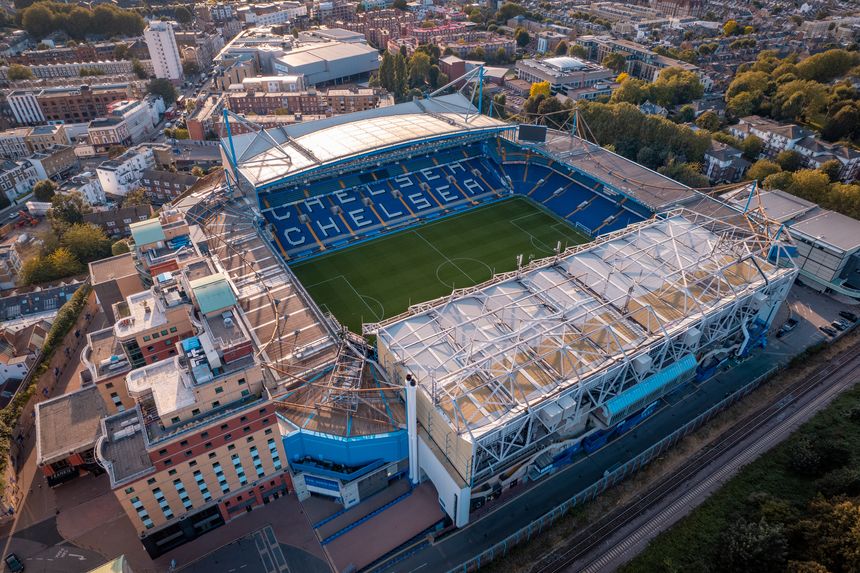On 11 September 2025, the English Football Association (the FA) formally charged Chelsea Football Club with 74 alleged breaches of FA regulations involving agents, intermediaries and third-party investments in players relating to the period from 2009 to 2022, primarily focusing on the seasons between 2010/11 and 2015/16. These charges reignite attention not just on Chelsea's past conduct under Roman Abramovich, but also on the legal and financial risks clubs face when their transfer operations, agent payments and investment structures become increasingly opaque.
What exactly is Chelsea accused of?
The FA's 74 charges refer to breaches of its Football Agents Regulations and Third-Party Investment in Player Rules. In practice, the FA alleges that Chelsea:
- Used or paid unlicenced intermediaries in transfer negotiations;
- Failed to declare certain agent commissions and payments accurately; and
- Allowed third parties to hold economic interests in players, contrary to FA and FIFA rules.
Because these alleged breaches span many years, the FA is effectively challenging a large number of historical transactions for compliance with these regulations. It has been revealed that during the Abramovich era, secret offshore payments by his companies were routed to intermediaries, often not disclosed in Chelsea's public accounts. Some of the deals under specific scrutiny by the FA reportedly include:
- The transfer of Eden Hazard from Lille in 2012 in which it is claimed that there was a large agent payment.
- The transfers of Willian and Samuel Eto'o from FC Anzhi Makhachkala, where money flows from offshore vehicles that were aligned with Abramovich had been flagged.
Chelsea's current owners, the Boehly-Clearlake consortium, have not been accused of any wrongdoing. In fact, they have been cooperating fully with both the FA and UEFA since 2022, having discovered what they described as "incomplete financial reporting" during due diligence when acquiring the club from Abramovich. In 2023, UEFA fined Chelsea €10 million following a settlement related to similar historic disclosure failures. The FA's proceedings however are separate and more expansive.
The Regulatory Framework
Under FA and FIFA rules, only registered intermediaries can represent players or clubs. All related payments must be declared, recorded and traceable. The system is designed to prevent hidden commissions, dual representation and conflicts of interest that could distort transfers or conceal improper benefits.
Since 2008, English football has expressly prohibited third-party ownership, meaning arrangements allowing investors to profit from a player's economic rights. Third-party ownership can undermine the competition's integrity if external investors can influence transfers. By alleging violations of these frameworks, the FA is asserting that Chelsea's transfer practices under the Abramovich regime breached the transparency standards essential to ultimately maintaining trust in the market.
Potential Outcomes and Sanctions
If Chelsea is found guilty, the independent commission set up by the FA could impose financial penalties potentially exceeding the €10 million UEFA settlement, points deductions or transfer bans if the breaches are deemed to have conferred a competitive advantage, as well as compliance monitoring to ensure future transparency.
However, several mitigating factors may result in a more lenient punishment, notably Chelsea's self-reporting, cooperation and change of ownership. The FA may also consider proportionality and fairness to the Boehly-Clearlake consortium, which inherited but did not cause the alleged misconduct.
Lessons to be learned for the football industry
This case underscores the importance of forensic due diligence during mergers and acquisitions. Buyers must fully investigate historical payment flows, offshore structures and agent relationships. Modern clubs should maintain governance systems common to those in financial services, such as internal auditing, risk management and anti-money laundering procedures. Proactive disclosure and cooperation, following the example set by the Boehly-Clearlake consortium, can both mitigate penalties and preserve the club's reputation. Chelsea's active self-reporting may well prove to be a critical factor in determining the eventual outcome of this case.
Implications for Sports Law and Regulation
These proceedings highlight an evolution in sports governance. Football is increasingly subject to the same expectations of integrity and record-keeping as any other corporate entity. The Football Governance Act 2025, which introduces an independent regulator, is likely to further strengthen the scrutiny of club finances. Cross-border cooperation among UEFA, FIFA and national authorities is expanding, aligning the sport's regulatory framework with international compliance norms.
Overall outlook
Chelsea must respond formally to the charges this month, after which the FA will convene an independent regulatory commission, with hearings expected to run well into 2026. Any ruling can be appealed to the FA Appeal Board and potentially to the Court of Arbitration for Sports. Regardless of outcome, the case will influence how clubs, investors and regulators interpret responsibility for historical misconduct. This demonstrates that financial transparency is now integral to sporting integrity and compliance failures, even long past, can have enduring legal consequences.




